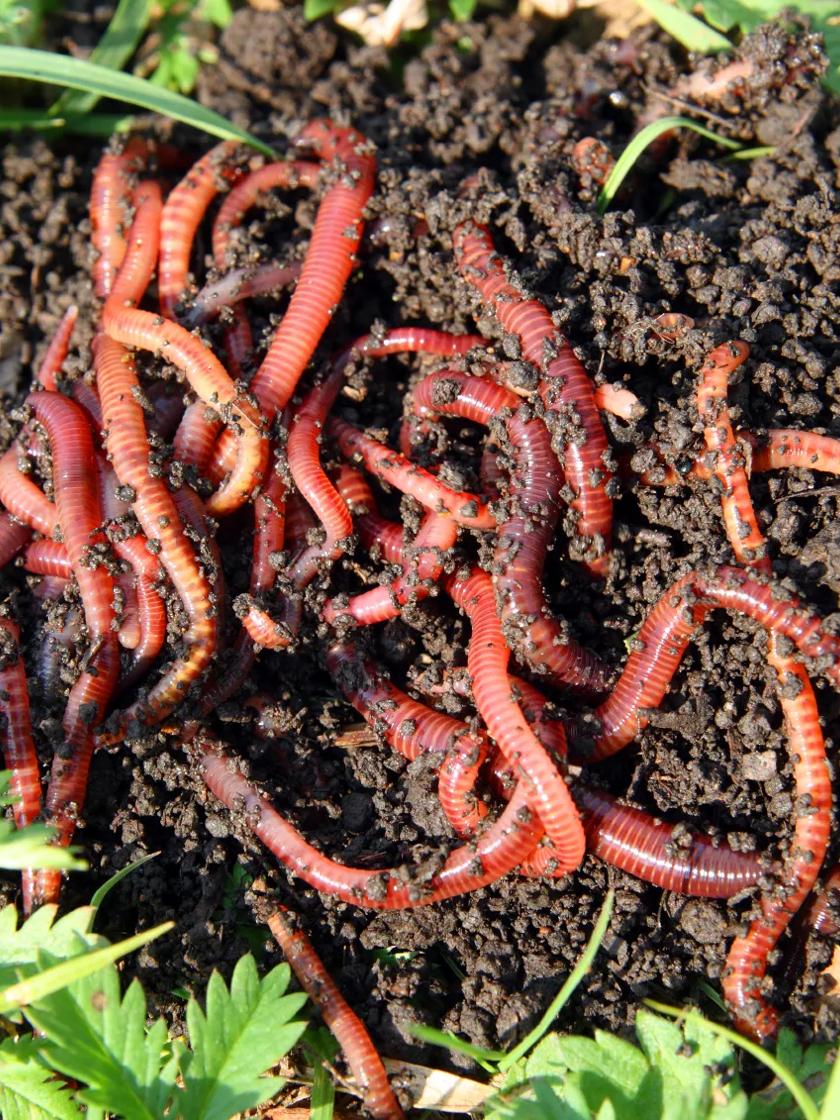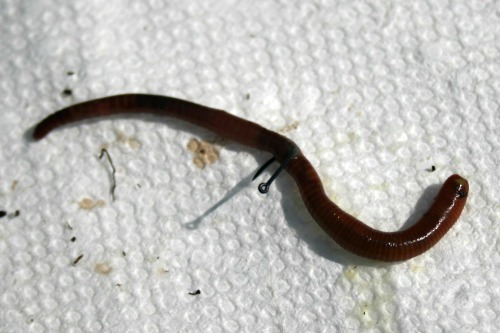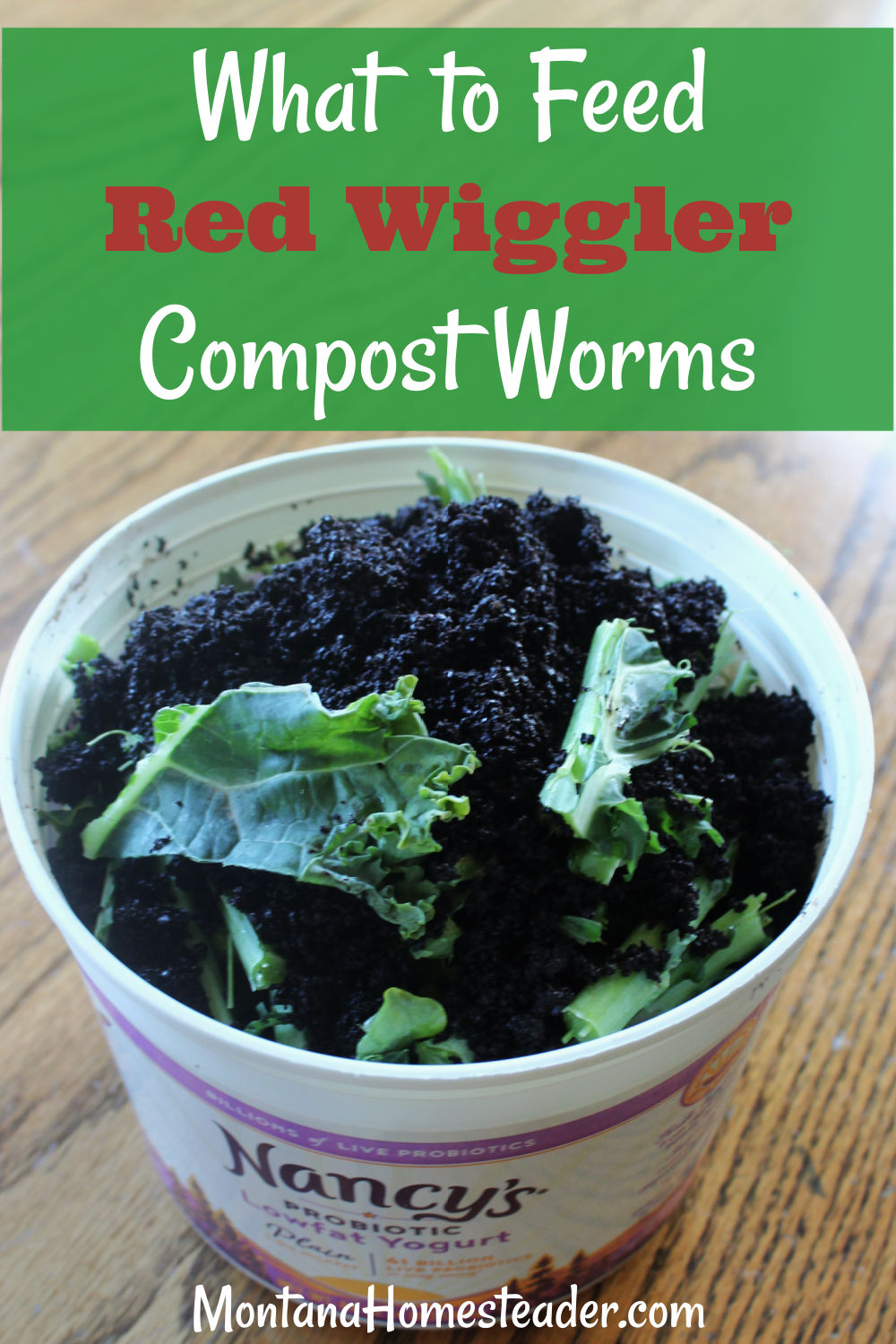Why Lake Hickory Bait Is the Ideal Choice for Local Fishing Supplies
Why Lake Hickory Bait Is the Ideal Choice for Local Fishing Supplies
Blog Article
Red Wigglers: The Unsung Heroes of Organic Waste Recycling
Red wigglers, or Eisenia fetida, offer as crucial agents in the natural waste reusing process, transforming discarded materials right into useful vermicompost. As the world increasingly looks for options to fight waste accumulation and improve farming productivity, understanding the duty of these worms ends up being essential.
What Are Red Wigglers?
The remarkable strength of red wigglers, scientifically known as Eisenia fetida, highlights their vital role in natural waste recycling. These small, reddish-brown earthworms are typically located in decaying raw material, such as compost piles and manure heaps. Lake Hickory Bait. Unlike various other earthworm species, red wigglers grow in nutrient-rich environments and are extremely efficient at damaging down organic products, making them essential for vermicomposting

(Red Wiggler Express)In enhancement to their duty in waste reduction, red wigglers add to soil health by boosting soil structure and oygenation via their burrowing tasks (Lake Hickory Bait). Their existence in composting systems not only enhances disintegration rates but likewise advertises a lasting strategy to squander administration, showing their value in eco-friendly preservation efforts
Advantages of Composting With Worms
Composting with worms, especially red wigglers, uses various advantages that boost both waste management and dirt wellness. These worms efficiently damage down natural waste, converting it right into nutrient-rich vermicompost that enriches dirt. This procedure accelerates disintegration, permitting for a much faster recycling of cooking area scraps and various other natural products compared to traditional composting approaches.
In addition, the vermicompost created by red wigglers is teeming with beneficial microbes, which help boost dirt framework, aeration, and moisture retention. This improves the general health of plants, promoting energetic development and enhanced returns in gardens and agricultural setups. Additionally, making use of worms in composting minimizes the manufacturing of greenhouse gases, such as methane, contributing to a more lasting waste monitoring system.

How to Begin Vermicomposting
Establishing a vermicomposting system is a simple procedure that can yield considerable benefits for both waste administration and soil enrichment. To start, select a suitable container, such as a plastic bin or wooden box, with ample air flow openings to guarantee appropriate airflow. The measurements need to preferably be around 2 feet by 3 feet, permitting ample area for the worms to prosper.
Following, prepare bedding product, which can include shredded paper, cardboard, or coconut coir. This bed linens ought to be dampened to produce an ideal environment for the worms. Once the bed linens is in area, introduce red wigglers (Eisenia fetida) into the container, commonly around one extra pound of worms for every single square foot of area.
Complying with the placement of worms, add natural waste, such as fruit and veggie scraps, coffee premises, and crushed eggshells. With these steps, you will properly start a vermicomposting system that contributes to sustainable waste management and improves your dirt.
Keeping a Healthy Worm Bin
(Red Wiggler Express)Maintaining a worm container prospering requires normal attention and like make sure the health and wellness of the red wigglers and the effectiveness of the composting process. Proper maintenance starts with checking the dampness levels; the bin needs to be damp yet not soaked. A great guideline is to keep an uniformity comparable to a wrung-out sponge.
Aeration is important. Gently mixing the bedding and food scraps every couple of weeks stops compaction great site and makes sure that all worms have access to oxygen. Furthermore, it is very important to feed the worms suitably. A well balanced diet of vegetables and fruit scraps, coffee grounds, and smashed eggshells should be supplied in moderation to stay clear of overfeeding, which can cause odors and pests.
If the bin comes to be too warm or cold, the worms may come to be stressed out. By diligently taking care of these variables, one can preserve a robust and efficient worm container.
Influence On Sustainable Living
The effective upkeep of a worm bin not only benefits the health of red wigglers yet likewise contributes considerably to sustainable living methods. By reusing organic waste, such as kitchen scraps and yard debris, red wigglers assist draw away significant amounts of product from landfills. This decrease in waste not only lowers greenhouse gas discharges yet additionally reduces the environmental concern related to waste management.
In addition, the spreadings generated by red wigglers work as a nutrient-rich organic fertilizer, enhancing dirt wellness and advertising plant development. This all-natural option to chemical plant foods sustains sustainable farming and horticulture practices, lowering dependence on artificial inputs that can damage ecological communities. Additionally, worm composting promotes understanding of waste management, urging individuals and neighborhoods to take on even more lasting behaviors.

Final Thought
In summary, red wigglers offer as important contributors to natural waste recycling with their effective disintegration of organic products. By incorporating vermicomposting right into waste management approaches, individuals and areas can substantially decrease waste while promoting environmental sustainability.
Report this page